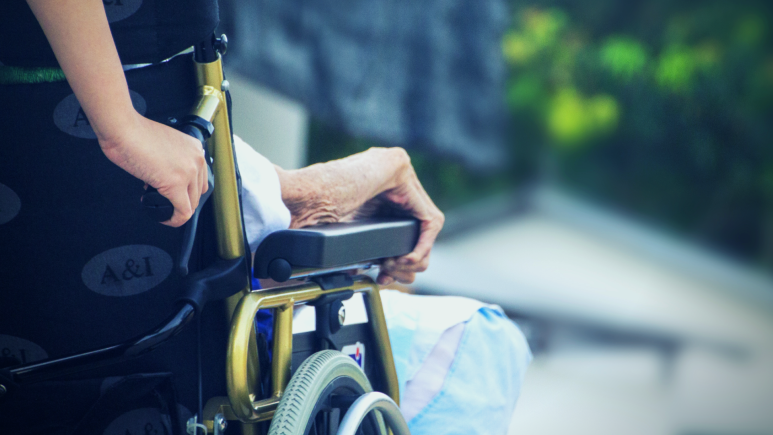
Trigger Warning: mention of self-harm, suicide.
Given the health issues I have had throughout adolescence and early adulthood, it is no surprise that I suffer from chronic depression. Some argue that since depression is so commonly experienced among chronic fatigue syndrome (CFS) sufferers that it is a symptom of the condition, and in our cases not a disease in its own right. I find it difficult to fathom how this makes much difference as both conditions are treated by trying to control the symptoms, and not by targeting the cause of the diseases which are largely unknown.
Whatever the case may be, I find the depression one of the most difficult things to cope with surrounding my condition. If I am tired I go to bed for a bit, and if I am in pain I take some pain killers and have a warm shower. Even if these do not eradicate the symptoms completely, in most cases they will lessen them to a tolerable level. However, once the depression rears its ugly head there is very little I can do about it, and it quickly escalates until it becomes all-consuming and inescapable.
A lot of non-medical experts, and even a few supposed experts, have told me that if I exercised more I would be happy. If someone can be happy while experiencing exhaustion, intense muscle aches, joint pain, dizziness, nausea, and headaches for several days following such exercise they honestly deserve a medal.
One of my most severe periods of depression came during the summer of 2012; I was 16 and was supposed to be enjoying the long summer months before returning to education to start my A-levels. During that time the peers at school who could loosely be called friends barely made any contact with me despite having multiple opportunities to do so. My school were arguing about whether I would be allowed to use my wheelchair around school, and whether I could have someone to help me get around as I couldn’t push my own wheelchair, nor could I afford a powered one. The extensive periods of free time lead me to brood over the negative aspects of my life; I had been ill for 18 months at this point with no signs of improvement. I felt that my teenage years, the time all the adults told me was so precious and that I shouldn’t waste a second of, was being taken away from me.
It was a series of minor negative events experienced in close proximity to each other that pushed me too far, and I tried to commit suicide. When I had finally been deterred from doing so by my horrified mother, the mental health service refused to help, and unable to get to see a GP we were left alone, reminding me all too well of the meningitis.
After the suicide attempt I began to self-harm, and it quickly became an addictive and obsessive behaviour. The mental health support systems available in my area on the NHS were appalling, making their services as inaccessible as possible, both physically and mentally. When I finally managed to see a mental health worker the treatment I received was awful, and I came out of the supposed therapy more depressed than when I went in. Fortunately a local charity provided a counselling service of a much higher standard, which was friendlier and more accessible. By the end of the therapy I received from them, and alongside the introduction of anti-depressants that worked well alongside my other medication, I reduced and finally stopped self-harming altogether.
Although I have had brief relapses into self-harming, none of these periods have been as serious, nor lasted as long as before. I still bear marks on my wrists and legs, and after much deliberation I have chosen not to cover them up with tattoos. I fully understand why people might choose to do this and hold nothing against it, but I do not understand why I should be made to feel any less of a person due to the symptom of an illness, in the same way as I don’t hide the walking sticks I use inside of my flat.
I still suffer from depression, and after a recent bout of very serious ill health I have had to increase the dose of my anti-depressants as a temporary measure, until I am at a more suitable time and place to address the issue. However I do not feel as if it controls my life as much as it did, and so far I have not attempted suicide again, and at least my self-harming tendencies have significantly reduced.

Hello (yes I found you via cracked). Just wanted to let you know what a thousand people have probably already told you: exercise doesn’t fix chronic fatigue, and medical people who tell you to exercise your way to health are just wrong. (I spent five minutes trying to trace the article without success. These are loosely related: http://www.abc.net.au/radionational/programs/scienceshow/chronic-fatigue-traced-to-mitochondria/8521808#transcript and http://medicalhealthnews.info/fibromyalgia-mystery-finally-solved-researchers-find-main-source-of-pain-in-blood-vessels/)
LikeLike
Welcome to my blog. It’s great to hear someone backing me up on the exercise front; the more, the merrier!
LikeLike